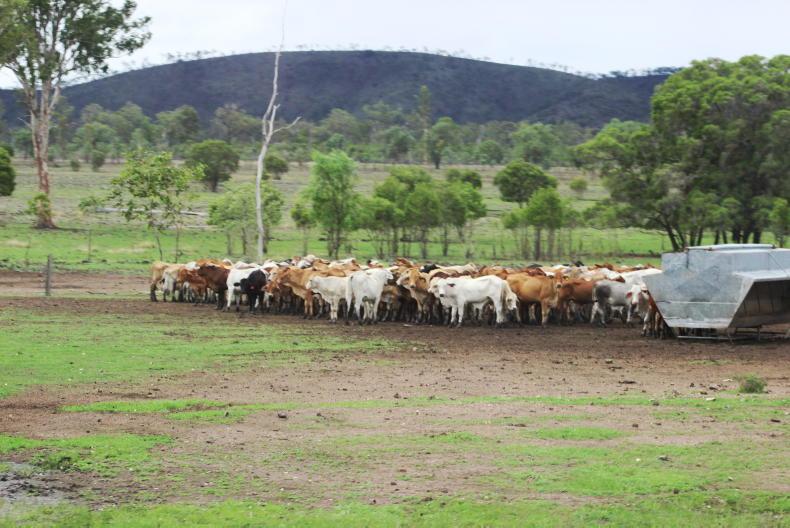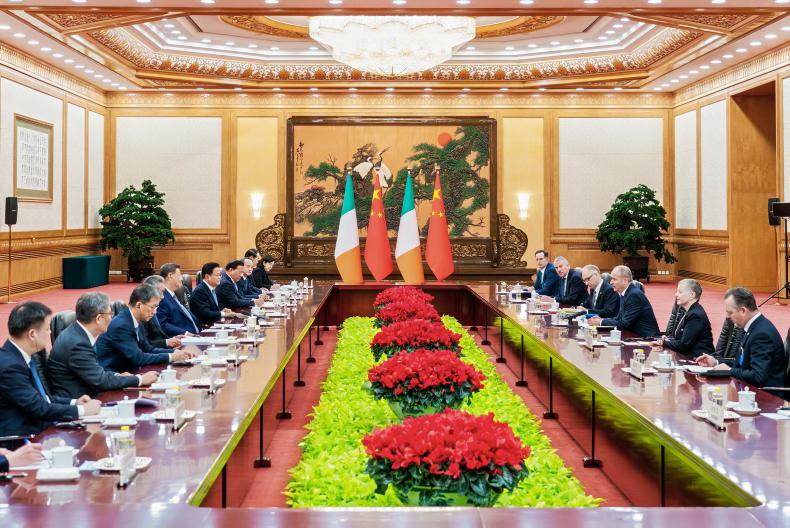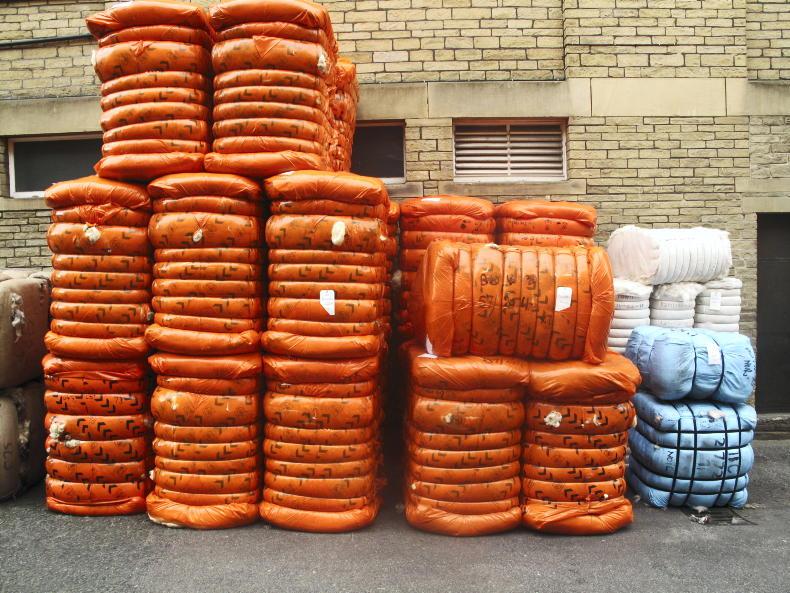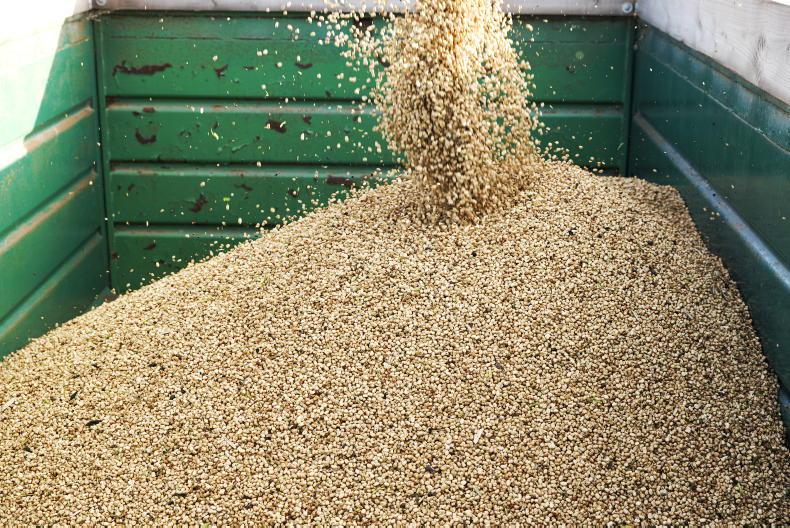Brazilian beef prices have fallen to their lowest level since May 2020 and are currently worth the equivalent of just over €2.50/kg, with no indication that there is likely to be significant improvement anytime soon.
This is in stark contrast with March 2022, when Brazilian beef price was the equivalent of €4.20/kg, approaching the level of Irish beef price.
Brazil’s beef value is shaped by the international beef trade in which Brazil is the dominant player. Their export volumes have grown dramatically this century, from 358,000t in 2000, passing 1m tonnes in 2004, and growing to just under 2.3m tonnes last year.
China has been the main driver of volume over the past decade, as their imports have grown from 100,000t to over 2m tonnes.
The price of Brazil’s beef exports surged from $4,230/t ((€3,917/t) in 2020 to $4,999/t (€4,629/t) in 2021 and peaking at $5,730/t (€5,281) in 2022.
However, values have fallen significantly so far this year, and in the first seven months averaged $4,750/t (€4,398t) and in July it had fallen to $4,620 (€4,278t). China continues to import record volumes of beef despite its weak economy, but they are paying much less than they were a year ago.
Australia
Part of the reason for this has been the surge in Australian beef supply this year compared with the past three years of herd rebuilding following drought.
Just over 118,000 head went through Australian factories last week, which is an increase of 23% on the average throughput for August 2022.
The volume of beef exported has also increased, up 22% to the end of July at just over 575,000t.
Australian factory cattle price has fallen from the equivalent of €4.10/kg a year ago, to the equivalent of €3.25/kg in August this year.










SHARING OPTIONS